Need to focus on preventing obesity: Delhi CM Rekha Gupta
Speaking at a national conference on obesity, the chief minisgter said the time is to act locally with global impact.
Eating the right types and avoiding the wrong types of foods can reduce inflammation and prevent your joints from hurting more than they already are
Deepa Gupta | New Delhi | September 17, 2019 10:52 am
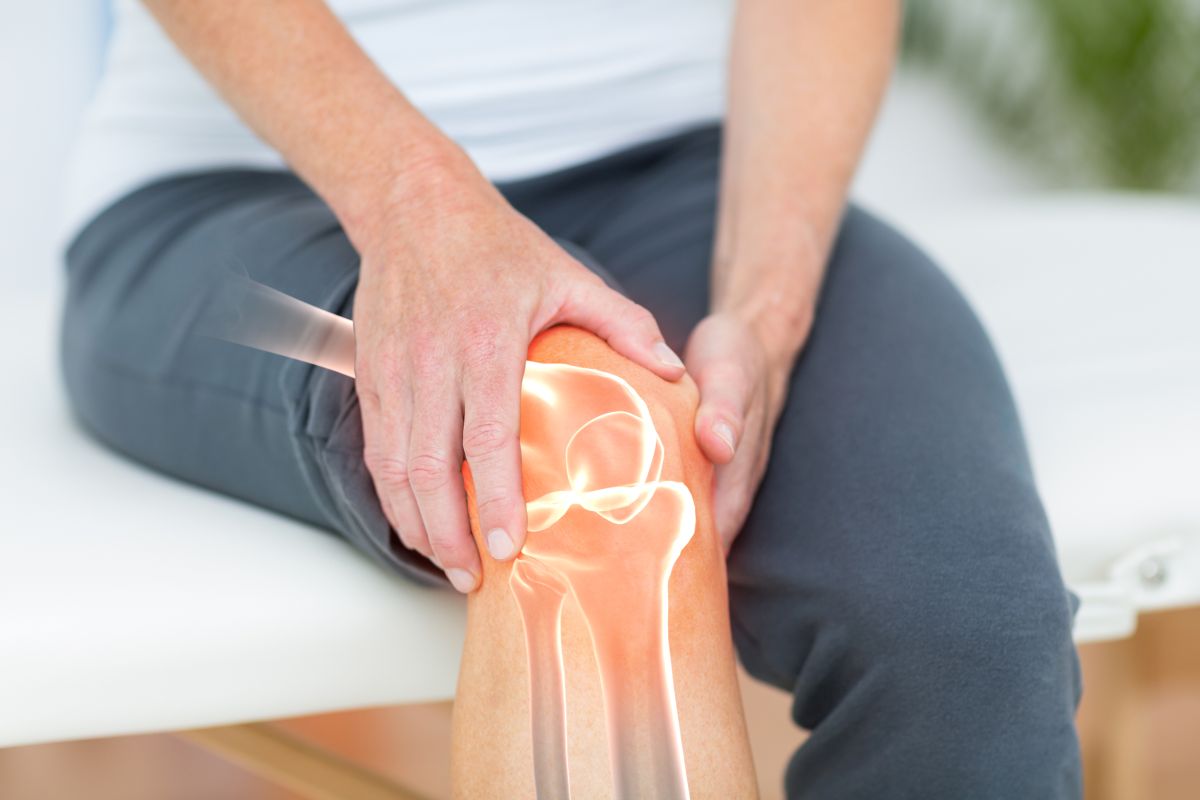
(Representational Image: Getty Images)
Arthritis generally occurs with other chronic diseases like diabetes, heart disease and obesity. It makes harder for people to manage these conditions as well. About 24 million of adults are limited in their activities from arthritis and more than one in four adults with arthritis report severe joint pain. The most common form of arthritis is osteoporosis. Other forms include gout, rheumatoid arthritis and lupus.
Symptoms of arthritis include:
Advertisement
• Pain in joints
• Aching of joints
• Stiffness and swelling in or around the joints
Advertisement
One should be active and indulge in physical activities such as walking, bicycling and swimming to decrease arthritis pain. Also, they should maintain a healthy weight and avoid activities that are more likely to cause joint injuries. Recommendations from health care experts can motivate people to be physically active and join a self-management education program, so it is important to consult a doctor.
Although there is no diet cure for arthritis, certain foods have been shown to fight the problem and ease the symptoms and few foods should be avoided.
Foods to be included:
Green tea:

According to Arthritis Foundation, polyphenols have strong anti-inflammatory properties. Green tea is particularly good source of a polyphenol which has potent antioxidant effects.
Vitamin C-rich fruits and vegetables:
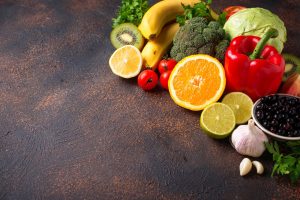
Vitamin C is a powerful antioxidant that fights molecules that trigger inflammation and plays a role in fighting infection that is linked to inflammation. It also serves a role as a co-factor in collagen synthesis, the main protein in joint tissue and bone. Eat more vitamin C-rich fruits and vegetables, such as orange, kiwi, guava, grapefruit, broccoli, cauliflower, Brussels sprouts and capsicums. Other vitamin C-rich fruits are papaya, cantaloupe and strawberries.
Garlic:
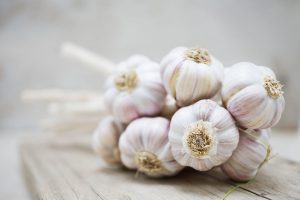
Fresh garlic contains an anti-inflammatory compound that limits the effects of pro-inflammatory cytokines. It therefore can help fight pain, inflammation and cartilage damage of arthritis.
Ginger:
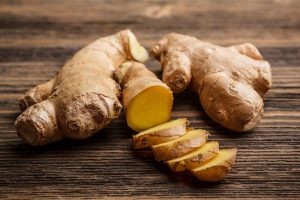
There are two chemicals in ginger that block inflammation pathways in the body. Along with its anti-inflammatory properties, ginger can help reduce arthritis symptoms.
Turmeric:
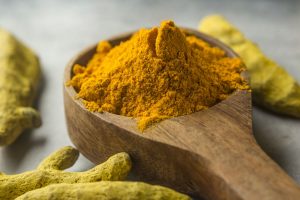
Turmeric contains anti-inflammatory benefits, which can help to reduce joint pain and swelling.
Whole grains:
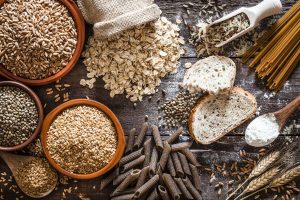
Whole grains like brown rice, oatmeal and whole grain cereals help lower levels of C-reactive protein (CRP) in the blood. CRP is a marker of inflammation associated with arthritis. So make smarter choices in bread and pasta aisles which might reduce inflammation.
Beans:

Beans such as kidney beans and red beans are full of fibre and protein and can help boost the immune system and lower inflammation. Soybeans are also a powerful food that are rich in calcium, B vitamins, fibre and omega-3 fatty acids. Add soybeans to your diet along with tofu dishes.
Nuts:
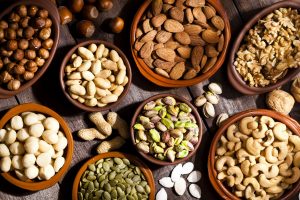
Nuts such as almonds, pine nuts, pistachios and walnuts are excellent anti-inflammatory foods for arthritis as they contain a variety of nutrients and antioxidants specific to lowering C-reactive protein levels.
Fatty fish:

Fatty fish such as, salmon, mackerel, tuna and herring are known for fighting inflammation. Fish contain a nutrient called omega-3 fatty acids within their oils that act as a natural ingredient that can moderate the inflammatory process.
Extra virgin olive oil:

Extra virgin olive oil contains a natural compound that acts in a similar way as anti-inflammatory drugs by reducing the effect of enzymes that cause inflammation. Grape seed oil, walnut oil, avocado oil and canola oil also offer a dose of anti-inflammatory action and help ease the symptoms of arthritis.
Foods to be avoided:
Refined carbs:
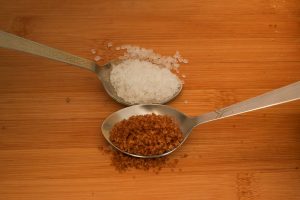
Avoid consuming refined flours, sugar and food products made of them like white flour baked foods and sodas etc.
Salt:
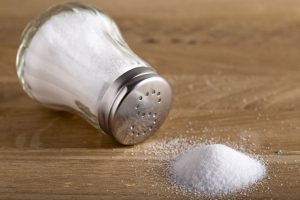
Less salt is recommended for arthritis patients. Avoid eating preserved foods as well because they contain high sodium content.
Oils high in omega-6 fatty acids:
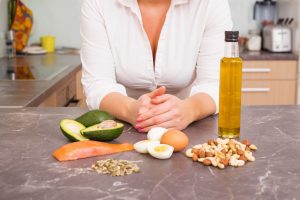
Omega-6 fatty acids may trigger inflammation. So avoid foods which contain this fatty acid, such as corn oil.
Alcohol:

Drinking alcohol especially beer can contribute to flare-ups due to high purine levels in it. Also most arthritis medication will interact with alcohol, which affects the effectiveness of the drug.
Dairy products:
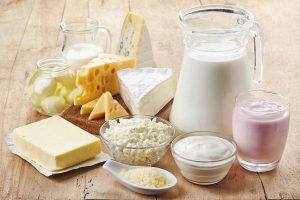
Dairy products contain the type of protein that may contribute to arthritis pain. So switch to other healthy sources of protein such as, tofu, beans, lentils, quinoa and nuts.
Fried and frozen foods:
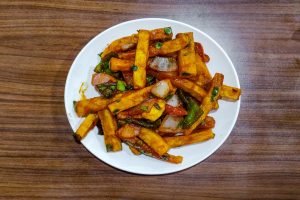
Cut down on fried and frozen foods you eat. Prepared frozen meals and fried meats should be strictly restricted. Stick to baked foods without any oil additives. When you need oil to cook, opt for a small amount of olive oil or avocado oil. Eat more fruits and vegetables.
Arthritis is a general term encompassing conditions that share joint pain and inflammation. There is no single diet to follow. However, these anti-inflammatory foods in your diet and limiting the foods that may trigger joint pain can relieve the symptoms.
Advertisement
Speaking at a national conference on obesity, the chief minisgter said the time is to act locally with global impact.
The fifth edition of “Health of the Nation 2025” (HoN-2025) by the Apollo Hospitals commenced with a clear message: “Don’t wait for symptoms, rather make preventive health your priority”.
Taking tirzepatide drug once a week may produce clinically meaningful and sustained weight loss for at least 3 years in adults with overweight or obesity who do not have diabetes, according to new research.
Advertisement
